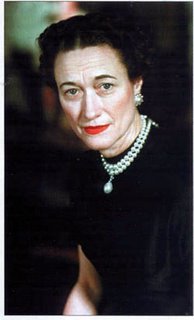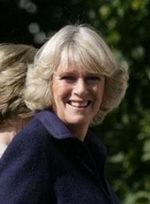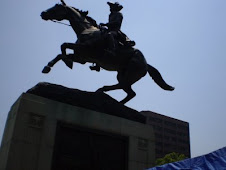n honor of Black History Month, I am re-posting my appreciation of Albert Forsythe:
Albert E. Forsythe, black aviation pioneer, 1897-1986
Dr. Albert Forsythe and his comrade in arms, C. Alfred Anderson*, did much to advance opportunities for African Americans in the new field of aviation during the nineteen thirties.
Forsythe, a doctor by profession, persuaded Anderson, one of the first African Americans to receive a pilot's license, to join him in a series of daring and historic flights, known as "good will " flights, to show the world that black pilots could do anything white pilots could do. At the time it was the received wisdom that African Americans were inferior to whites and incapable of being pilots.
Their first flight was from Atlantic City, NJ, where Forsythe was practicing *medicine, to Los Angeles. According to Forsythe, "The trip was purposely made to be hazardous and rough, because if it had been an ordinary flight, we wouldn't have attracted attention."
So they took off, equipped only with a compass and an altimeter--with no radio, lights, or parachutes. To guide them, they had a Rand-McNally road map, which flew out of Forsythe's hands on the return flight. Despite stormy weather, they successfully completed the flight.
Their second flight, from Atlantic City to Montreal, was also successful and made them the first black pilots to fly over an international border.
By this time, the pair had achieved a good deal of publicity, so they launched their next flight, a trip to the Caribbean and South America, with a ceremony at Tuskegee Institute, with hundreds of students and faculty, and with Booker T Washington's granddaughter in attendance.
They departed in November, 1934. This was to be their most difficult flight. In many of their destinations there were no runways or landing fields, and they were forced to land on a playing field or a city street.
In Nassau, Bahamas, Forsythe's hometown, his friends cut down brush and moved telephone poles to create a makeshift landing strip. It was a historic trip--nothing but seaplanes had ever landed there before. They were greeted ceremoniously by the governor, before a tumultous crowd.
They had equally enthusiastic receptions in Kingston, Havana and Santiago, Cuba, Kingston, Jamaica, and Trinidad. But as they left Trinidad, a strong tailwind forced them off course and they crashed, seriously damaging the plane. The rest of the trip was aborted.
Nevertheless, they were honored and feted when they returned home with a big parade in Newark, NJ, in September 1935.
Having proved his point, Forsythe returned to the practice of medicine. "My main business was medicine....I was not interested in becoming involved much in aviation. We just made a series of flights for the sole purpose of opening the road for blacks who wanted to fly."
After many years of medical practice, Forsythe died in 1986. At his funeral, a tribute from the Mayor of Atlantic City was read, mourning his death as a loss to Atlantic City, to New Jersey, and to "the people in the forefront of making history for black people throughout the world."
*Anderson is another interesting aviation pioneer. He deserves to be dealt separately.





















